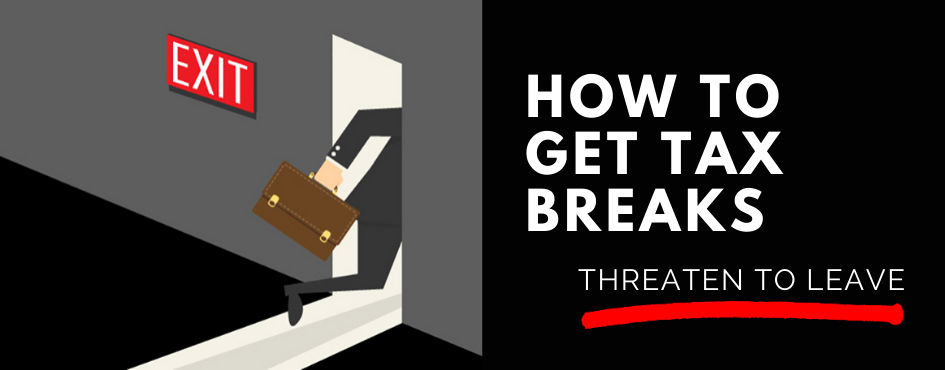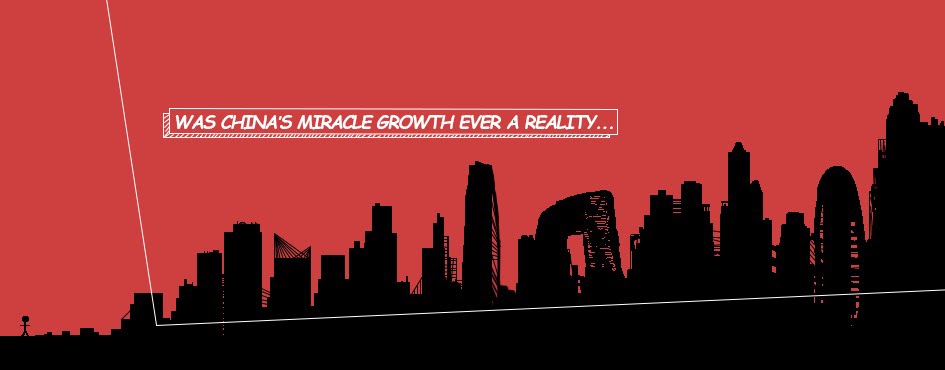Illegal Drug Trade: A Game of Subterfuge
In 1971, President Richard Nixon officially proclaimed a war on drugs. Since then, the United States has spent well over $1 trillion on drug prevention and detainment. “If we cannot destroy the drug menace in America, then it will surely in time destroy us,” Nixon told Congress in 1971. “I am not prepared to accept this alternative.” The goal of the war on drugs is to reduce drug use. The specific aim is to destroy and inhibit the international drug trade — making drugs scarcer and costlier, and therefore making drug habits in the US unaffordable.Continue Reading




